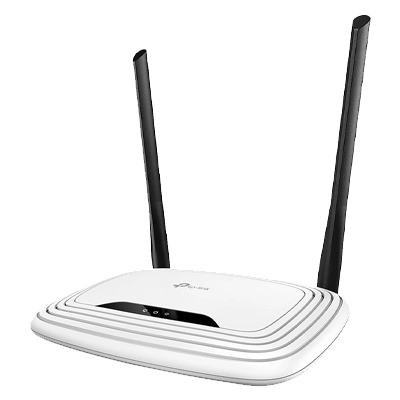
Digital security top tips
Are you doing these 5 things to keep your data safe?
In 2022, 39% of UK businesses have identified a cyber attack, with the average cost for all attacks reaching around £19,400 for medium and large businesses. It is becoming more important than ever to take action in order protect our data and personal information from hackers, malware, viruses and crime.
*Source: gov.uk
Terminology & FAQs
These types of attacks come from offenders who use trial and error in a bid to gain access to personal information such as passwords and PIN numbers. Automated software can produce large amounts of varying combinations in order to gain access to the desired data or information.
It is the fraudulent act of sending emails pretending to be from a reputable company in a bid for people to reveal personal information.
A patch is a piece of software that is designed to update your computer system. The updates will include improving security as well as the overall performance and usability of your device or computer, so it's wise to have these update automatically in case you forget to update.
There's a whole host of reasons. If you've got data, files, photos, or important information that you don't want to lose in the event of computer failure, loss of device, theft, fire or general accidents then it's important to keep a backup.
VPN stands for Virtual Private Network. It is a term used to describe a digital network, which adds privacy and security within another computer network, in order to keep your data safe from hackers and other online dangers.
It is a system that is designed to keep your network both safe and secure, by employing a set of rules to control incoming and outgoing network traffic. A firewall helps prevent unauthorised access from hackers and viruses that can try and access your computer or network over the internet.

































